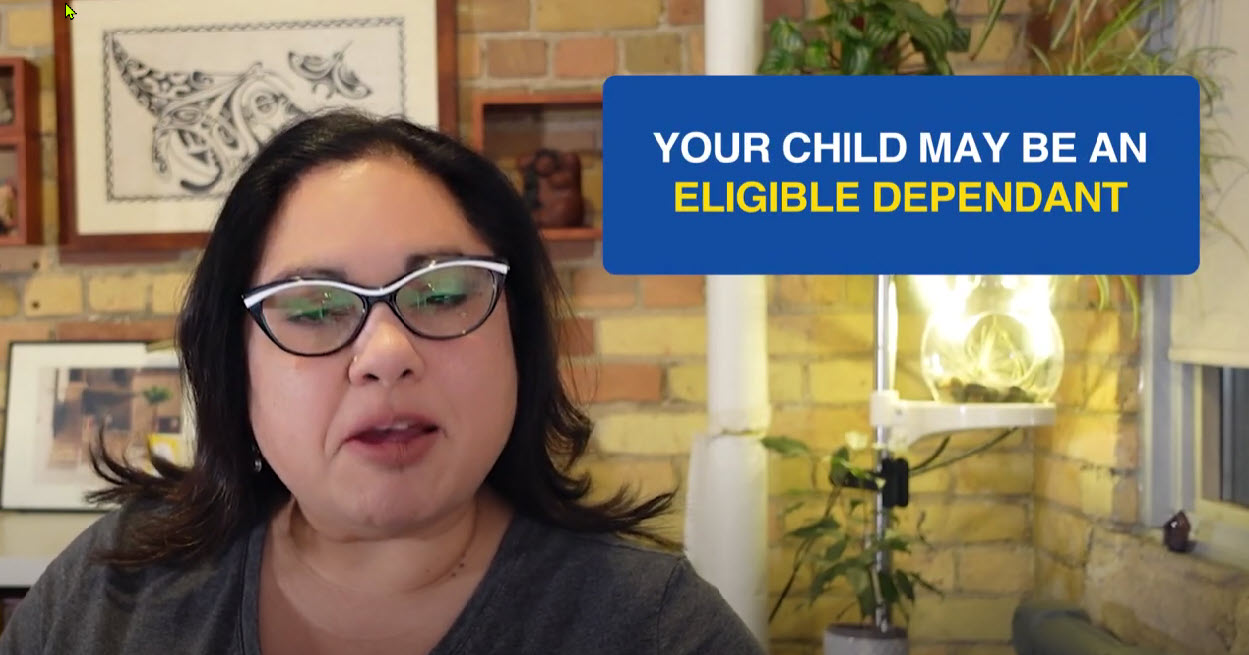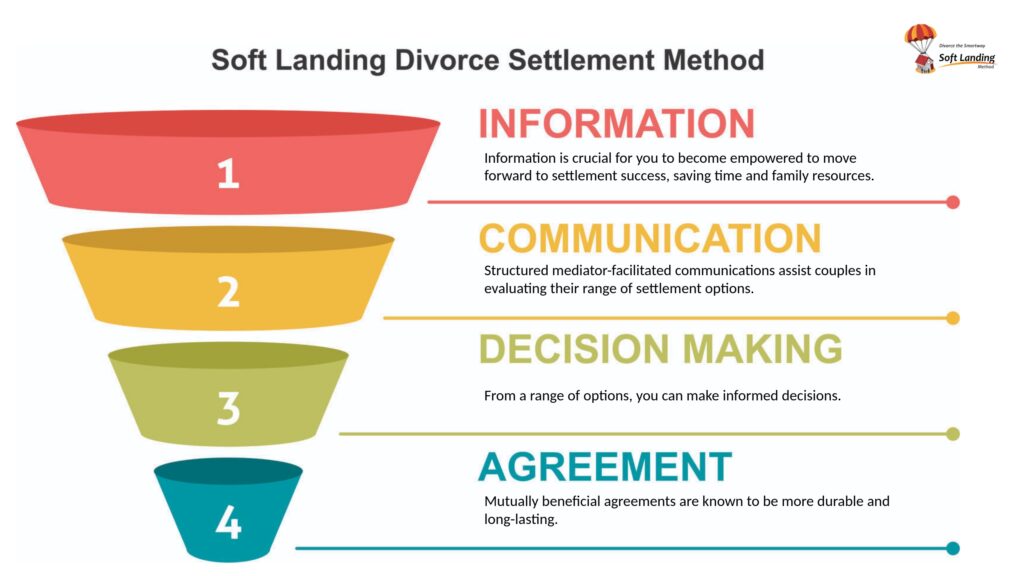Understanding the Eligible Dependant Tax Credit in Canada

More about the Eligible Dependent Tax Credit
Video – Eligible Dependent

Eligible Dependent Tax Credit FAQ
The eligible dependent credit must be claimed by one parent per tax year in shared custody arrangements
When parents share custody of a child, the eligible dependent credit cannot be split or shared between both parties within the same tax year. The Canada Revenue Agency (CRA) requires that only one parent claim this valuable tax credit annually. Parents must either:
- Mutually agree on who will claim the credit each year
- Follow the terms outlined in their existing custody agreement or court order
- Alternate claiming the credit between tax years
It’s important to coordinate this decision to avoid duplicate claims, which could trigger a CRA review. The parent not claiming the eligible dependent credit may still be able to claim other child-related benefits and credits for that tax year.
A non-refundable tax credit for Canadians supporting eligible dependents, worth up to $14,398 (2023)
The eligible dependent tax credit helps reduce the tax burden for Canadian taxpayers who are financially supporting qualifying dependents. This valuable tax benefit is particularly important for single parents and those supporting relatives in specific circumstances.
To qualify, you must meet these key conditions:
- You must be single, divorced, separated, or widowed
- You must be supporting a dependent who lives with you
- The dependent must be:
- Your child under 18
- Your parent or grandparent
- A relative who is dependent due to physical or mental impairment
- You can only claim this credit for one eligible dependent per year
The credit amount reduces as the dependent’s net income increases, and you cannot claim it if you’re receiving support payments for the dependent.
Only one parent can legally claim a child as a dependent per tax year in Canada
When both parents attempt to claim the same child as a dependent, the Canada Revenue Agency (CRA) will flag the returns for review and initiate an investigation. The CRA strictly prohibits duplicate dependent claims and will require documentation to determine eligibility.
- The primary caregiver typically has the right to claim the child as a dependent
- For shared custody arrangements, parents must agree on who claims the dependent for each tax year
- Making duplicate claims can result in delayed refunds, penalties, and potential audits
- The CRA may require proof of custody arrangements and living situations
To avoid complications, separated or divorced parents should clearly document dependent claim arrangements in their custody agreement or communicate in writing about tax-related decisions.
The primary caregiver who lives with the child most of the year typically claims them as a dependent for tax purposes.
In Canada, determining which parent can claim a child on their taxes depends on several key factors. The primary caregiver who provides everyday care and maintains the principal residence for the child generally has the right to claim tax benefits.
- For sole custody situations, the parent with whom the child lives more than 60% of the year claims the child
- In shared custody arrangements (40-60% split), parents can either:
- Alternate claiming the child each year
- Split certain benefits as agreed upon or court-ordered
- The Canada Child Benefit (CCB) and related provincial benefits typically go to the primary caregiver
Parents should maintain detailed records of living arrangements and expenses to support their claims with the Canada Revenue Agency (CRA).
Yes, separated parents can each claim a different eligible child as a dependent for tax purposes in Canada.
Under Canada Revenue Agency (CRA) guidelines, separated or divorced parents with multiple children can divide dependent claims, provided certain conditions are met:
- Each child must qualify as an eligible dependent
- The arrangement should be clearly outlined in a custody agreement or court order
- Each parent can only claim one eligible dependent at their primary residence
- Both parents must agree on the claiming arrangement for the tax year
- The child being claimed must live with the claiming parent at least part of the year
Parents should maintain detailed records and documentation to support their claims in case of a CRA review. This tax strategy can help both parents maximize their available tax benefits while ensuring compliance with Canadian tax laws.
With 50/50 custody, parents must coordinate eligible dependent claims, with only one parent claiming per tax year
In Canada, claiming a child as an eligible dependent with shared custody requires careful coordination between parents. The Canada Revenue Agency (CRA) only allows one parent to claim the child in any given tax year, even with equal custody arrangements.
Parents can determine who claims the child through:
- Mutual agreement – alternating years or based on financial circumstances
- Court orders – following legally binding custody agreements
- Written agreements – documenting the claiming arrangement between parents
If both parents attempt to claim the same child, the CRA may deny both claims until the parents resolve the dispute. It’s recommended to document your claiming arrangement in writing to avoid potential tax complications.
Who Gets the Child Tax Credit in a 50/50 Custody Arrangement in Canada?
Links to additional resources you may find useful
- Can you claim the amount for an eligible dependant? – Eligibility criteria for claiming an eligible dependant.
- Line 30400 – Amount for an eligible dependant – Information about claiming the amount for an eligible dependant with impairments.
- Claiming an eligible dependant – Guidelines for claiming an eligible dependant such as a parent, grandparent, child, or sibling.
- Choosing between the spousal amount and eligible dependant amount – Conditions for claiming the eligible dependant amount.
- Rules for Claiming Dependents on Taxes – TurboTax – Intuit – Overview of the rules for claiming dependents for tax credits.
- Claiming the Eligible Dependant – Information on the eligible dependent credit for single adults.
- Claiming dependents on taxes in Canada – Who is Eligible? – Information on spousal tax credits and claiming dependents in Canada.
- Dependents and tax credits – MyTaxHub Tax Tips – Explanation of the non-refundable tax credit for eligible dependents.
- Ufile not claiming eligible dependent – but should – Discussion on eligibility for claiming an eligible dependant credit.
- Income Tax Act (RSC, 1985, c. 1 (5th Supp.)) – Legal information on tax credits and dependents.
- Finance – Personal Tax Credits – Overview of personal tax credits in Manitoba, including the eligible dependent amount.
- 2019-0818101I7 Eligible Dependent Tax Credit – Technical interpretation on claiming the eligible dependent tax credit.
- Why can’t I claim more than one child as my eligible dependant? – Explanation of rules for claiming eligible dependents when single, separated, divorced, or widowed.
Ken Maynard CDFA, Acc.FM
I assist intelligent and successful couples in navigating the Divorce Industrial Complex by crafting rapid, custom separation agreements that pave the way for a smooth transition towards a secure future. This efficient process is achieved in about four meetings, effectively sidestepping the excessive conflicts, confusion, and costs commonly linked to legal proceedings. Clients have the flexibility to collaborate with me either via video conference or in-person through a DTSW associate at any of our six Greater Toronto mediation centers, located in Aurora, Barrie, North York, Vaughan, Mississauga, and Scarborough.















































